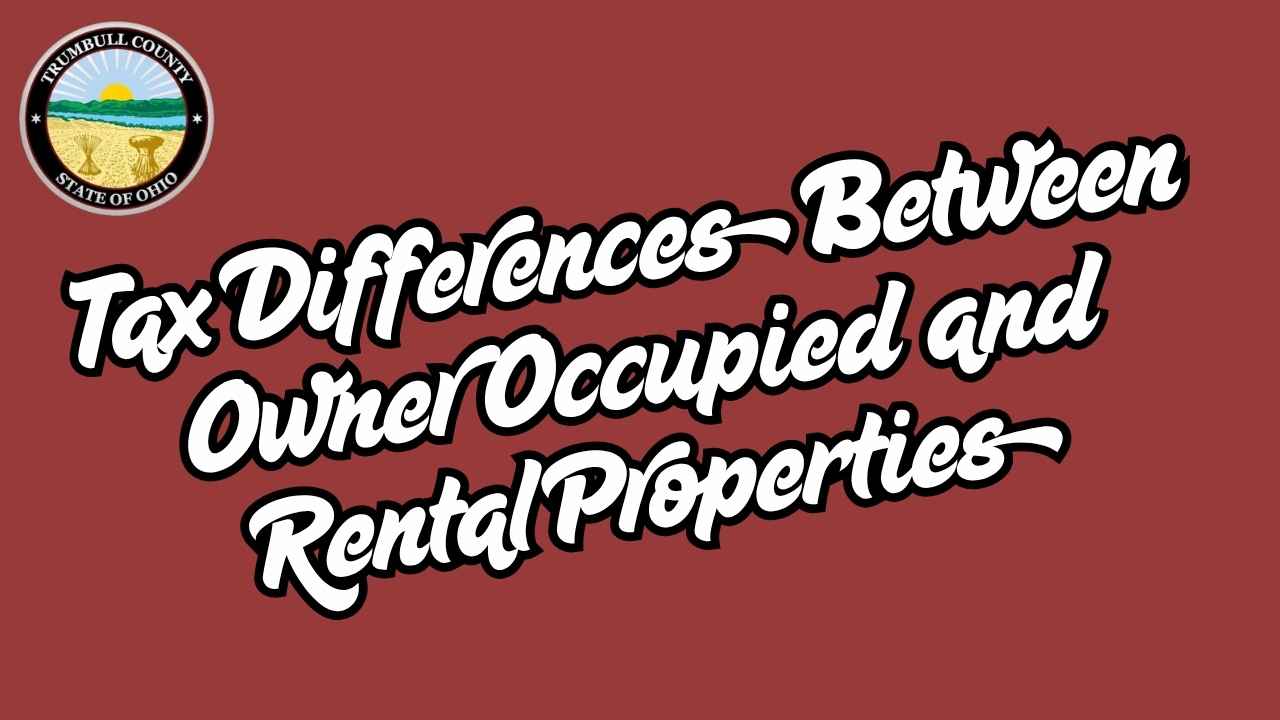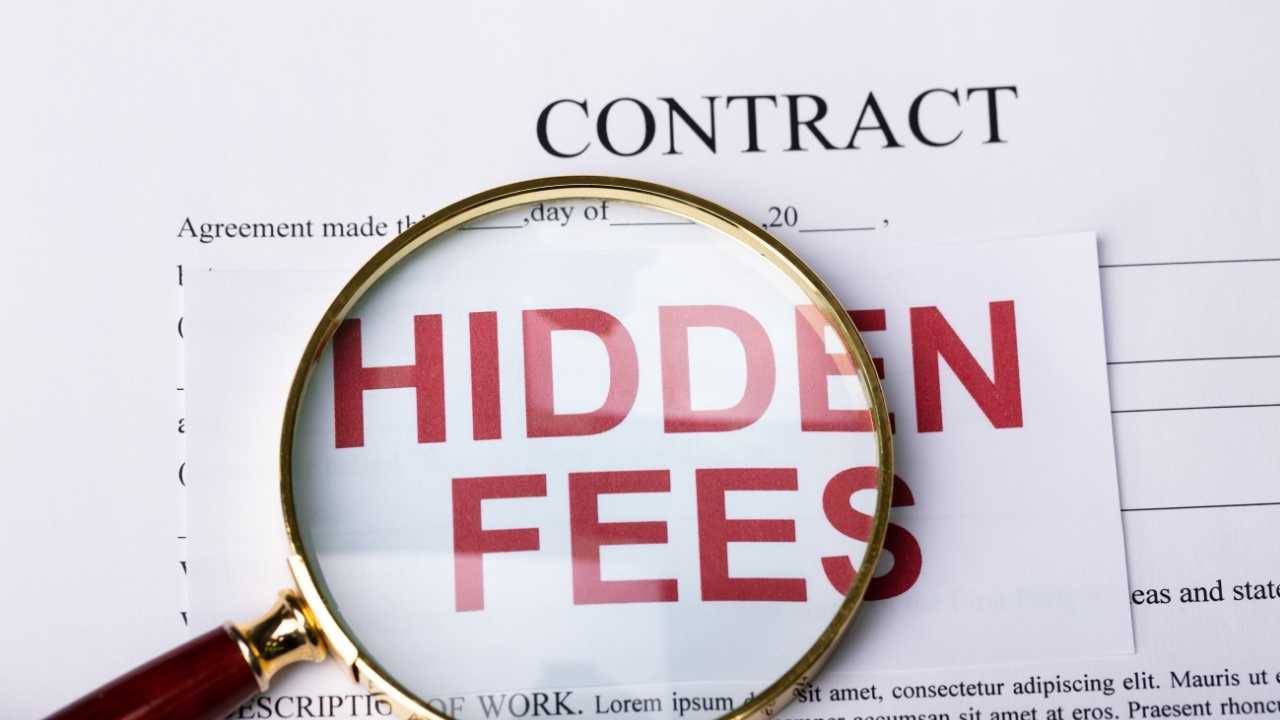Owning a home or rental property has its own tax rules. Homes you live in get tax breaks like mortgage interest deductions. Rental properties, on the other hand, allow deductions for expenses but treat income as taxable. Knowing these differences can help you save money and follow U.S. tax laws.
What Are Owner-Occupied and Rental Properties?
An owner-occupied property is where you live most of the time. Rental properties are owned and leased to tenants for income. The IRS treats these properties differently because of their purpose.
Owner-Occupied Property Defined
You must live in the home for at least 6 months and 1 day a year to qualify. This includes single-family homes, condos, or co-ops. Tax benefits focus on supporting homeowners.
Rental Property Defined
Rental properties generate income through tenant rent payments. These can be single-family homes, apartments, or even a room in your home if leased separately. Tax rules focus on business-like deductions.
Why Do Tax Rules Differ?
The IRS views owner-occupied homes as personal assets, not businesses. Rental properties are income-generating investments, so they follow business tax rules. This distinction drives the tax benefits and obligations for each.
Key Tax Benefits for Owner-Occupied Properties
Owner-occupied homes have tax advantages to make homeownership affordable. These benefits reduce your taxable income or tax liability. Below are the main ones for 2025.
Mortgage Interest Deduction
You can deduct interest paid on your mortgage up to $750,000 of debt for homes bought after December 15, 2017. This applies to your primary or secondary residence. It lowers your taxable income significantly.
Property Tax Deduction
You can deduct up to $10,000 in state and local taxes (SALT), including property taxes, under the 2017 Tax Cuts and Jobs Act. This cap applies to both single and married filers. Check local tax rates to estimate savings.
Capital Gains Exclusion
If you sell your primary home, you can exclude up to $250,000 of profit ($500,000 for married couples) from capital gains tax. You must have lived there for 2 of the last 5 years. This is a major perk for homeowners.
Home Equity Loan Interest Deduction
Interest on home equity loans or lines of credit is deductible if used for home improvements, up to $750,000 in total mortgage debt. Other uses, like paying off credit cards, don’t qualify. Always track loan purpose for IRS audits.
Tax Benefits for Owner-Occupied Properties
| Tax Benefit | Details | Limits |
|---|---|---|
| Mortgage Interest Deduction | Deduct interest on mortgage payments | Up to $750,000 in debt |
| Property Tax Deduction | Deduct state and local property taxes | Up to $10,000 (SALT cap) |
| Capital Gains Exclusion | Exclude profit from home sale | $250,000 (single), $500,000 (married) |
| Home Equity Loan Interest | Deduct interest if used for home improvements | Within $750,000 total mortgage debt |
Key Tax Benefits for Rental Properties
Rental properties offer deductions to offset income and operating costs. These treat the property like a business. Below are the main tax advantages for 2025.
Rental Income Taxation
All rent you collect is taxable income, reported on IRS Schedule E. You can deduct expenses to reduce this income. Always track rent payments for accurate reporting.
Operating Expense Deductions
You can deduct costs like repairs, maintenance, property management fees, and insurance. These must be ordinary and necessary for running the rental. Keep receipts for IRS proof.
Depreciation Deduction
The IRS lets you deduct the property’s value (excluding land) over 27.5 years for residential rentals. This non-cash deduction lowers taxable income. Use IRS Form 4562 to calculate it.
Mortgage Interest Deduction for Rentals
Rental property mortgage interest is fully deductible with no $750,000 cap. This applies to loans used to buy or improve the rental. Report it on Schedule E.
Pass-Through Deduction
Under Section 199A, landlords may deduct up to 20% of qualified business income from rentals. This applies if you actively manage the property. Check IRS rules to qualify.
Tax Benefits for Rental Properties
| Tax Benefit | Details | Limits |
|---|---|---|
| Operating Expense Deductions | Deduct repairs, maintenance, fees, insurance | Must be ordinary and necessary |
| Depreciation | Deduct property value over 27.5 years | Excludes land value |
| Mortgage Interest Deduction | Deduct interest on loans for rental property | No debt limit |
| Pass-Through Deduction | Deduct up to 20% of rental business income | Subject to IRS eligibility rules |
Tax Obligations for Owner-Occupied Properties
Owner-occupied homes have fewer tax obligations than rentals. You must report certain transactions. Below are key responsibilities.
Report Home Sale Gains
If your profit exceeds the $250,000/$500,000 exclusion, you must report it on IRS Form 8949. Capital gains tax rates (0%, 15%, or 20%) apply based on income. Consult a tax professional for complex sales.
Track Deductions
You must itemize deductions on Schedule A to claim mortgage interest or property taxes. If the standard deduction ($14,600 for singles, $29,200 for married in 2025) is higher, skip itemizing. Compare both options annually.
Tax Obligations for Rental Properties
Rental properties come with more reporting requirements. These ensure you pay taxes on income while claiming deductions. Below are the main obligations.
Report Rental Income
File Schedule E with your Form 1040 to report rent and expenses. Include all income, even if tenants pay late. Use accounting software to simplify tracking.
Pay Self-Employment Taxes
If you actively manage rentals, income isn’t subject to self-employment tax (15.3%). Passive income, like from a property manager, avoids this too. Confirm your role with a tax advisor.
Capital Gains on Sale
Selling a rental property triggers capital gains tax on profit, with no $250,000/$500,000 exclusion. Depreciation recapture (taxed at 25%) also applies. Plan sales strategically to minimize taxes.
Comparing Tax Implications: Owner-Occupied vs. Rental
The tax differences boil down to purpose: personal use versus business income. Owner-occupied homes get homeowner-friendly breaks, while rentals offer business deductions. Below is a comparison.
Deduction Flexibility
Owner-occupied deductions are limited by caps ($750,000 mortgage, $10,000 SALT). Rental deductions are broader, covering most operating costs. Rentals often yield larger tax savings.
Income Taxation
Owner-occupied homes don’t generate taxable income unless sold with high profit. Rental income is taxed annually, but deductions offset it. Budget for taxes on rent.
Long-Term Tax Strategy
Owner-occupied homes favor long-term residents with capital gains exclusions. Rentals suit investors seeking annual deductions and cash flow. Align your property type with financial goals.
Special Situations and Tax Rules
Some scenarios blur the line between owner-occupied and rental properties. These require careful tax planning. Below are common cases.
Renting Out Part of Your Home
If you rent a room in your home, you can deduct expenses for that part. For example, if the room is 20% of the house, you can deduct 20% of utilities. Mortgage interest and property taxes are deductible for the whole home. You should report rental income on Schedule E.
Converting a Home to a Rental
If you move out and rent your former home, it becomes a rental property. You can claim depreciation and rental deductions. But, you lose the mortgage interest cap for owner-occupied homes. Keep track of when you made the switch for IRS reporting.
Short-Term Rentals (Airbnb)
Short-term rentals follow rental property rules if leased over 14 days a year. If you rent it for fewer than 15 days, the income is tax-free. Platforms like Airbnb can help with tax reports.
How to Maximize Tax Savings
Both property types offer tax benefits if you plan wisely. Here are tips to save money while staying compliant.
Keep Detailed Records
Track all expenses, receipts, and income for both properties. Use apps like QuickBooks or Expensify for rentals. This ensures you claim every deduction.
Work With a Tax Professional
Tax laws are complex, and rentals are no exception. A CPA can help you maximize deductions and avoid IRS audits. Look for someone experienced in real estate taxes.
Plan for Depreciation Recapture
When selling a rental, budget for the 25% depreciation recapture tax. Consider a 1031 exchange to defer taxes by reinvesting in another rental. Consult an expert for eligibility.
Check Local Tax Incentives
Some states offer additional homeowner or landlord tax breaks. For example, California has property tax exemptions for low-income homeowners. Research your state’s rules on IRS.gov.
Common Mistakes to Avoid
Tax errors can cost you money or trigger audits. Below are pitfalls to watch for.
Mixing Personal and Rental Expenses
Don’t deduct personal expenses for a rental property. For example, fixing your own bedroom in a rental home isn’t deductible. Separate costs clearly.
Missing Depreciation
Some landlords skip depreciation to avoid recapture tax later. This is a mistake—depreciation lowers your taxes now. Plan for recapture instead.
Incorrect Home Sale Reporting
For owner-occupied homes, failing to claim the capital gains exclusion can lead to overpaying taxes. For rentals, misreporting depreciation raises audit risks. Double-check forms.
2025 Tax Trends and Updates
Tax laws evolve, affecting both property types. Below are trends to watch in 2025.
Potential SALT Cap Changes
The $10,000 SALT deduction cap may face revisions as the 2017 Tax Cuts and Jobs Act provisions expire. Monitor Congress.gov for updates. Higher caps could benefit homeowners.
Rising Interest Rates
Higher mortgage rates in 2025 may increase interest deductions for both property types. Track rates via Freddie Mac to estimate savings. Refinancing could also impact deductions.
Short-Term Rental Regulations
Cities like New York and San Francisco are tightening Airbnb rules, affecting tax reporting. Check local laws on GovInfo.gov to stay compliant. Non-compliance risks fines.
Conclusion
Tax differences between owner-occupied and rental properties shape your financial strategy. Owner-occupied homes offer mortgage interest, property tax deductions, and capital gains exclusions, ideal for long-term residents.
Rental properties provide broader deductions like depreciation and operating costs, perfect for investors. Keep records, consult professionals, and stay updated on 2025 tax changes to maximize savings.




